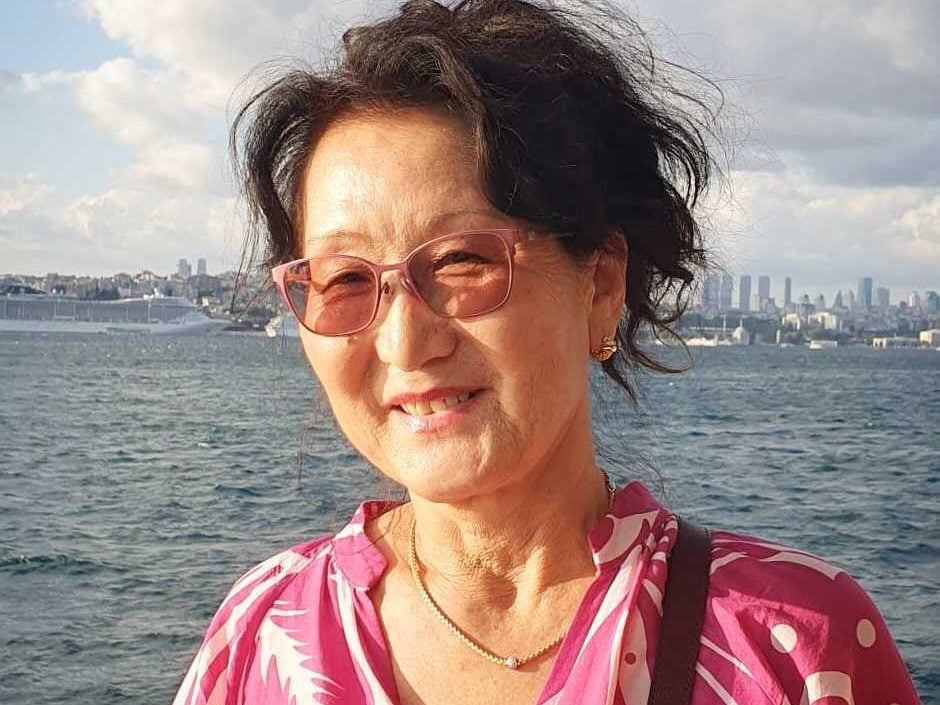Cossack communities (hosts) were formed in the sixteenth to eighteenth centuries by runaway serfs. Traditionally Cossacks guarded the frontiers of the Russian Empire and in return were granted land privileges. Cossacks were also used to repress uprisings against the Russian state. By the end of the nineteenth century, Cossack settlement stretched from southern Russia to the Pacific. During the nineteenth century the Cossacks formed the Don Cossack Republic along the lower and middle reaches of the River Don.
Under the Soviets, Cossacks were deported and repressed. The Communist regime never recognized Cossacks as a national or ethnic group and they were listed as Russians or Ukrainians.
In the late 1980s Cossack groups began to revive, and the Association of Cossacks was formed in July 1990. Cossacks have presented themselves as guardians of Russia’s frontiers, especially in the North Caucasus. Cossacks fought with the separatist forces in the Transdniester conflict in Moldova in 1992.
In June 1991 President Boris Yeltsin issued a decree marking the political rehabilitation of Cossacks, and on 11 March 1993 Yeltsin signed a further decree granting them state support. In August 1995, Yeltsin announced that Cossack units would be formed in the Border Guards of the Russian Army. In 2005 mounted Cossack units were integrated into local police forces in Rostov Oblast.
The Cossacks have strong aspirations for local self-government and have also sought national autonomy. The Don Cossack Grand Council has led these demands. The Terek Cossacks, whose lands encompassed the territories of North Ossetia, Dagestan, Chechnya and Ingushetia, have aggressively pursued land claims, bringing them into conflict with North Caucasian peoples.
In May 2005 the Russian State Duma passed a presidential bill formalizing the recruitment of Russian Cossacks’ into state service in police, military and border guard units. The bill was intended to legalize unregulated practices of Cossack recruitment by providing a legal framework addressing Cossacks’ role in military service and in combating terrorism. It also defined as legal entities Cossack hosts and villages. The bill further granted Cossack communities the right to select members for service in designated Cossack units. Nevertheless, when in November 2005 the Don Cossacks reiterated their demand for a territorialized form of autonomy in the shape of a reconstituted Don Cossack Republic, which would also confer upon Cossacks the status of a distinct ethnic group, sources in the presidential administration categorically rejected any such possibility.
The intention of the federal government to bring Cossacks closer to hand resulted in the establishment of the Presidential Council for Cossacks Affairs in 2009. Consisting of public activists and leading officials, the Council aimed to ensure greater involvement of Cossacks in public life, law enforcement and border protection.
 Video on demand
Video on demand 